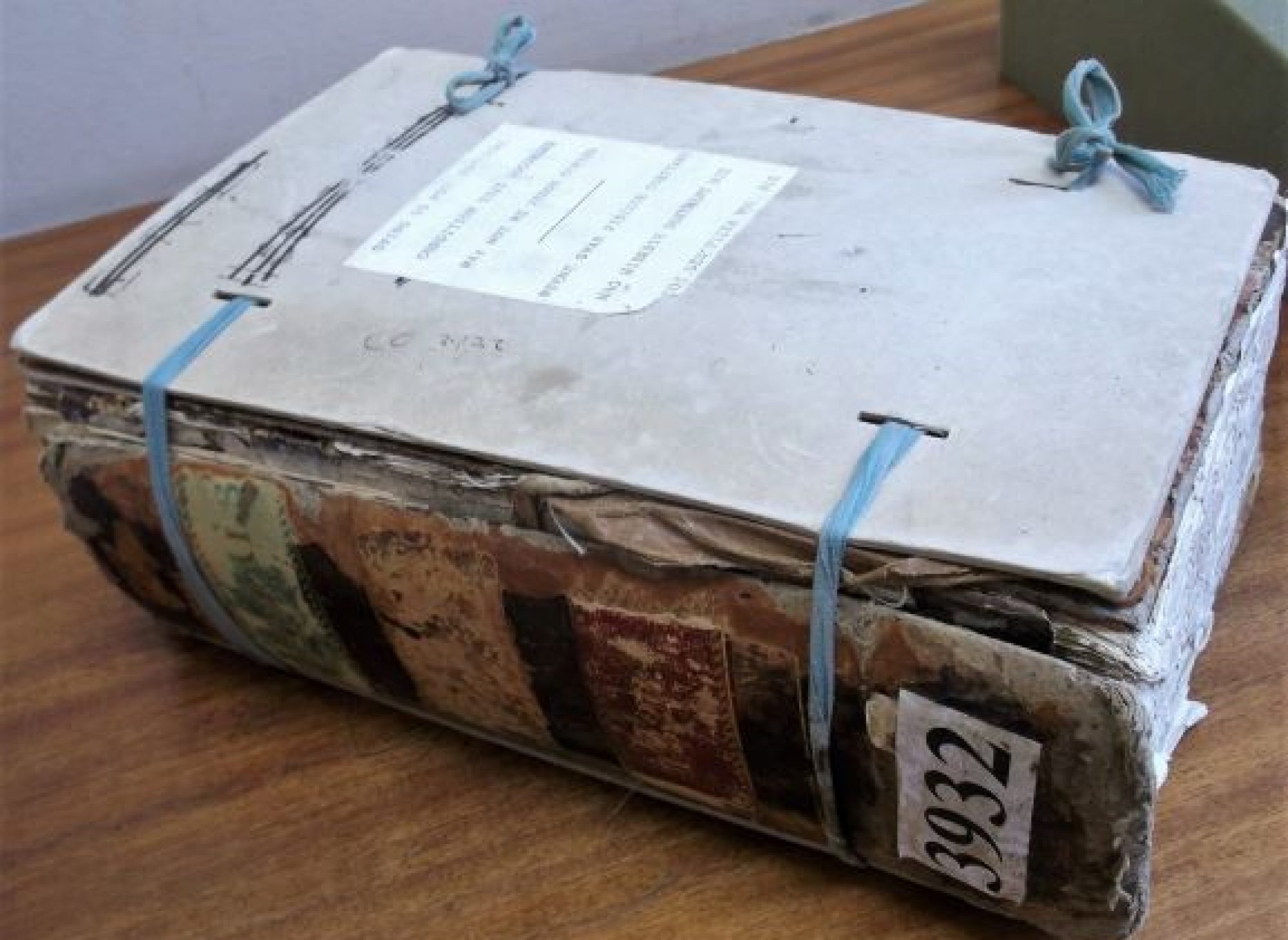“The culture of a city is what makes experiencing that city unlike any other.” (World Cities Cultural Forum Report, 2013)


Cities and varied municipal districts derive their character from multi-faceted histories as well as from the inter-relationships between and among diverse peoples. These interactions are often inscribed in place and time and expressed in an array of cultural forms. These cultural forms act as markers or resources which give life to cities in the present. Understanding cultural resources and culture more generally has for decades been considered as a major tool for social cohesion locally and internationally. This sentiment is iterated in cultural plans across the globe and in several local research projects.

The notion of cultural planning has gained increasing currency in global urban development debates. The City of Cape Town (CCT) has made great efforts to place culture and the creative industries at the core of its development plans. In 2017, Cape Town also joined UNESCO’s Creative Cities Network as a ‘Creative City of Design’, staking a further claim towards its position as the preeminent creative city on the continent. The City’s Arts and Culture Branch (ACB) is the primary institutional driver of incorporating culture into local planning and urban development strategies and plans. To date, the branch has completed several notable projects in this regard. However, it does not have an integrated overall Cultural Plan and although culture is alluded to in some agendas is not clearly articulated or directly visible in any development agendas/plans and policies.


In 2017, the ACB appointed Delve to draft a Cultural Planning Framework Toolkit. In association with Dr Rike Sitas (of the African Centre for Cities, Cape Town), Dr Laura Nkula (PRODIG, Paris) and Ms Ukhona Mlandu (director of Mlandu Works, Cape Town) the toolkit was designed to inform a range of stakeholder groups about how to develop area specific cultural planning and mapping plans. The toolkit was to be used as a starting point of developing a methodology for cultural planning across the City. The methodology presented a great opportunity to build awareness among community members of the resources and embedded value that they have, and how they can contribute to engender positive change within their communities. The toolkit has been tested in subsequent ACB cultural mapping and planning projects.
Delve, in association with Yazied Davids, co-developed Cultural Mapping and Planning (CMP) Frameworks for Mamre, Pella and Strand. We worked with local residents to co-draft plans tailored to the specific needs identified by local communities.









